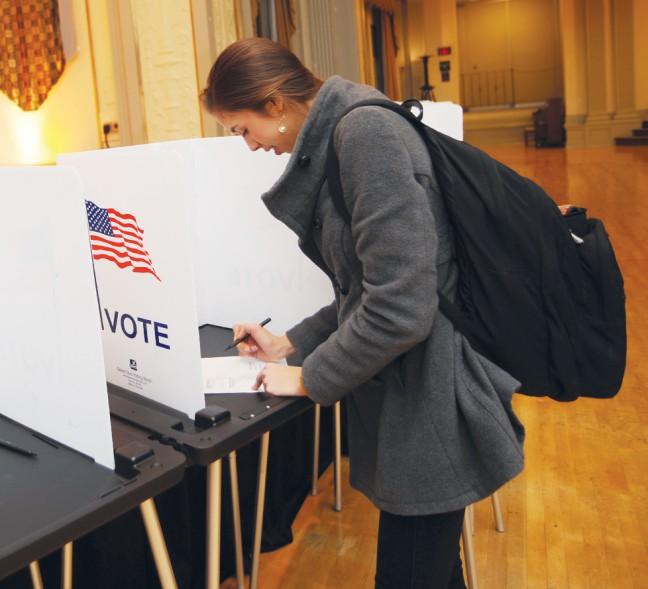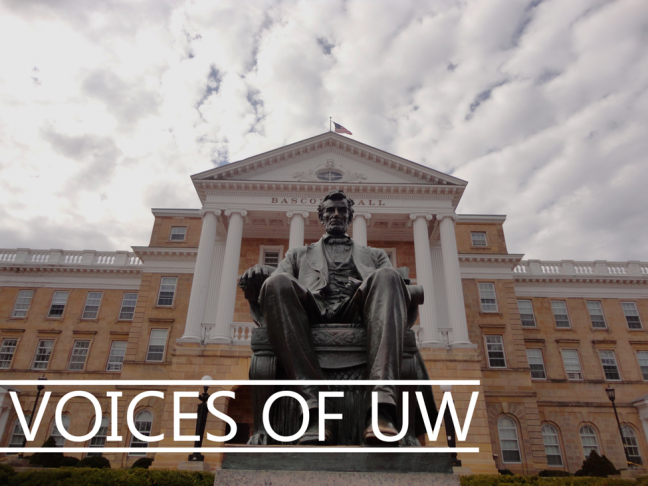There is no question the United States is losing its edge over other countries – not only economically, but also in the realm of education. After the results were calculated from the 2010 Program for International Student Assessment, America found itself ranked 14th in reading, 17th in science and 25th in math among the 34 most developed countries across the globe. Something needs to change in our education system if we intend to continue competing with the rest of the world.
Shortly after the end of World War II, Henry Luce, publisher of “Time,” deemed the 20th century the American Century. At the end of the 20th century, America’s economy was by far the biggest in the world. We had a strong military and ties spanning from country to country. In addition, America dominated in education. We were exporting our methods of teaching across the globe, sending teachers to parts of Asia, Africa and South and Central America. But one piece was still lacking – while we had the most exceptional colleges and universities and the highest-performing high school students, not all American children were able to take advantage of this quality education.
As America continued to expand, so did the gap between students of different racial and socioeconomic backgrounds. Students born to wealthier families received higher caliber educations than those born to families living paycheck to paycheck. Racial minorities received educations inferior to the ones their counterparts received. Though there were exceptions, more often than not America was providing one group of children with excellent educations and letting the others fall behind.
Unfortunately, this fact has not yet changed, but that doesn’t mean it can’t. We have waited far too long to address the achievement gap, and, as a consequence, America has started its decline from global power. Millions of children have been and continue to be affected by this disparity. So how can we stop this? A reform of our education system is the answer.
We need to look at our system and find a way to provide a quality education to all children. There are already a variety of methods being implemented across the nation, from longer school days to teacher evaluations, but these small-scale efforts are not enough. This issue needs to be addressed at a national level not only by the government, but also by every citizen of the United States. This cannot be just an issue people say they want to see change; it must be one people actually act on. This isn’t just any issue of our time. In my mind, it is the biggest issue of our time.
Imagine if America had taken a look at this issue earlier. Would we be in this current state of global decline? I think not. Only when America decides to give this issue real attention, only when educational equality is reached will we be able to witness another American Century.
Beau Trapp ([email protected]) is a senior majoring in international studies with a certificate in education policy. He is a chapter leader for Students for Education Reform.











